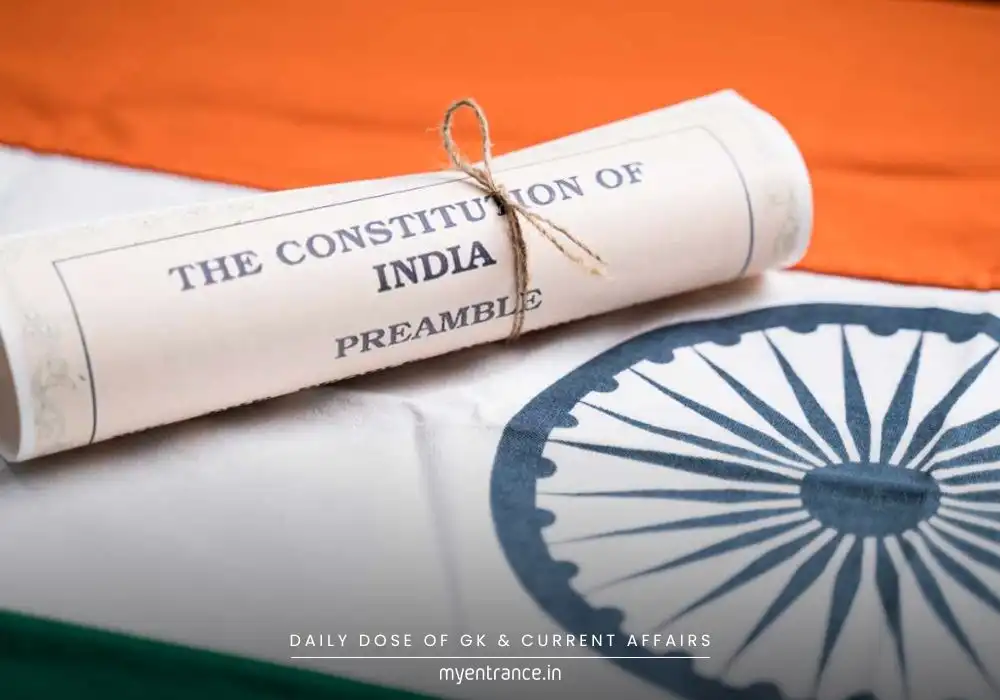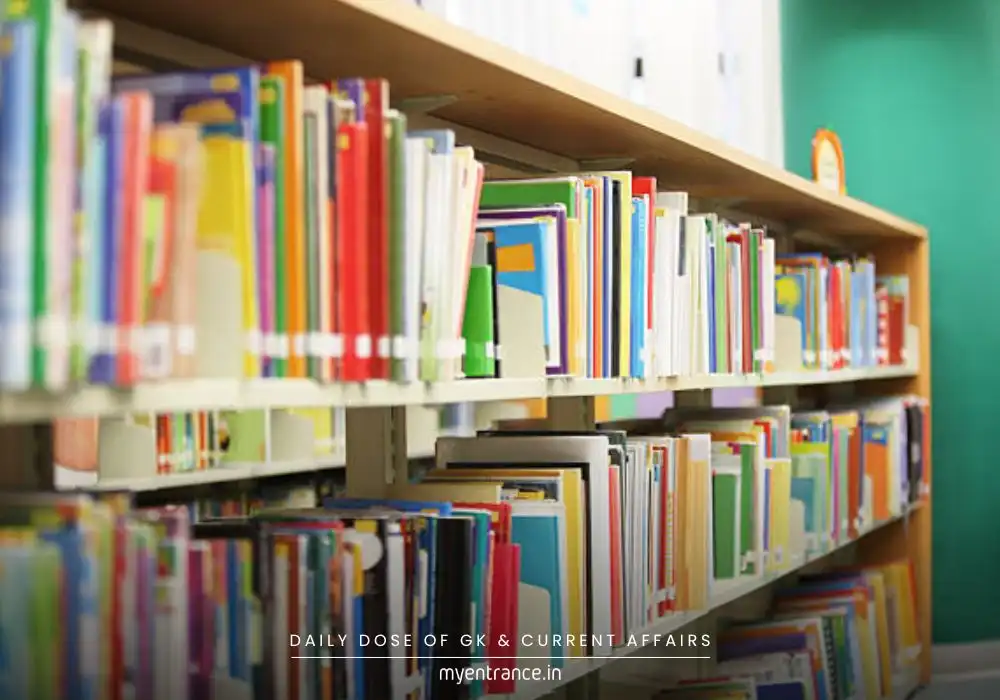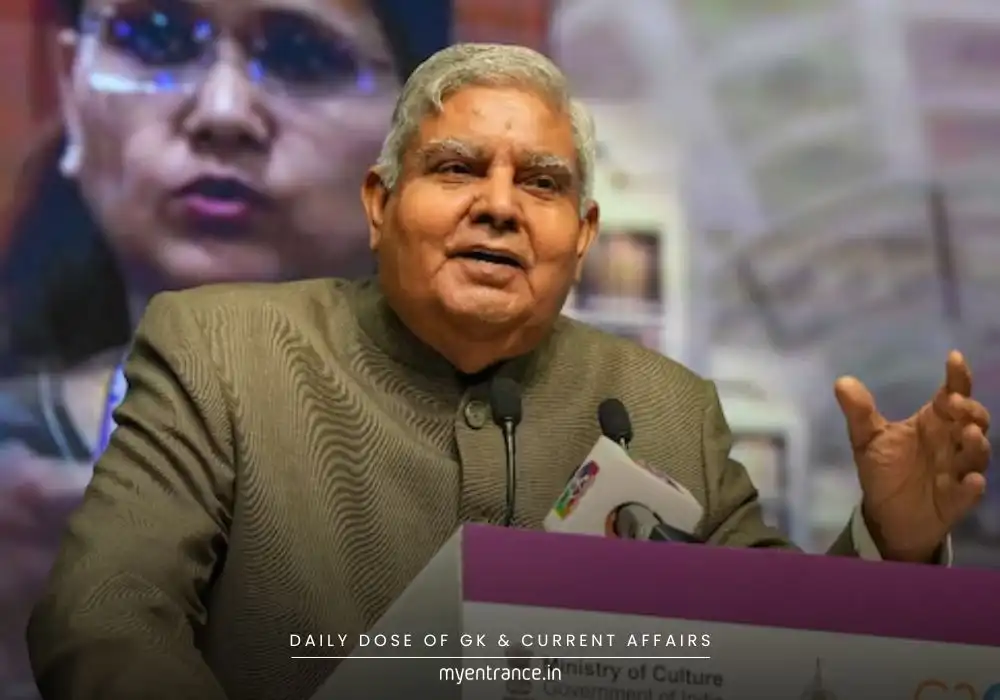Translate Language
Sanskrit Digital Library: Digital India Meets Ancient Wisdom
In a groundbreaking move, Central Sanskrit University (CSU) is launching a shared digital library to link Sanskrit universities across India. This initiative will preserve ancient texts, enhance research, and support exam preparation for UPSC, SSC, PSC, and other competitive exams.

Sanskrit Universities to Connect via a Unified Digital Library
The Central Sanskrit University (CSU) in New Delhi has announced an ambitious plan to create a shared digital library, connecting Sanskrit institutions nationwide. This project aligns with the Digital India mission, ensuring seamless access to rare Sanskrit manuscripts, research papers, and academic resources in one centralized platform.
Key Highlights of the Initiative
Single-point access to critical Sanskrit texts and research materials.
Preservation of India’s digital heritage while promoting traditional knowledge.
Enhanced collaboration between Sanskrit universities for better academic and research outcomes.
Digitization of ancient manuscripts to prevent deterioration and improve accessibility.
Upgraded library facilities at CSU’s Janakpuri and Devprayag campuses.
How to Access the Sanskrit Digital Library?
While the platform is still under development, students and researchers can expect:
A user-friendly online portal for browsing manuscripts and research papers.
Remote access for scholars and competitive exam aspirants.
Regular updates on newly digitized resources.
Collaborative features allowing universities to share resources efficiently.
Once launched, the library will be a goldmine for UPSC, SSC, NET, and other exam aspirants, offering authentic references for history, culture, and traditional sciences.
Key Questions & Answers on the Sanskrit Digital Library
1. How will the Sanskrit digital library benefit competitive exam aspirants?
The library will provide direct access to rare Sanskrit texts, historical documents, and research papers, helping students prepare for ancient history, culture, and language-based questions in UPSC, SSC, and state PSCs.
2. Which institutions are involved in this project?
The Sanskrit Library Network and Sanskrit Libraries Consortium will manage the platform, with participation from CSU, IGNCA Delhi, and other leading Sanskrit universities.
3. Will the digital library be free to access?
While official details are pending, it is expected that students and researchers will get free or subsidized access, aligning with the Digital India initiative.
4. How does this initiative support the Digital India campaign?
By digitizing ancient manuscripts and creating a unified knowledge hub, the project promotes digital learning, preservation of heritage, and wider dissemination of Sanskrit literature.
5. When will the digital library be fully operational?
The project is in development, with nationwide consultations underway. Updates will likely be shared via CSU’s official website and affiliated institutions.
Why is This Important for Competitive Exams?
UPSC & State PSCs: Questions on Indian heritage, Sanskrit literature, and ancient knowledge systems frequently appear in prelims and mains.
SSC & NET: Sanskrit-based history, philosophy, and linguistics are key topics in general awareness sections.
NID/NIFT: Understanding traditional Indian texts can aid in design and cultural research.
KAS & Other State Exams: Many state commissions emphasize regional history and classical languages.
This initiative ensures direct, reliable sources for aspirants, reducing dependency on fragmented study materials.
Get 3 Months Free Access for SSC, PSC, NIFT & NID
Boost your exam prep!
Use offer code WELCOME28 to get 3 months free subscription. Start preparing today!















